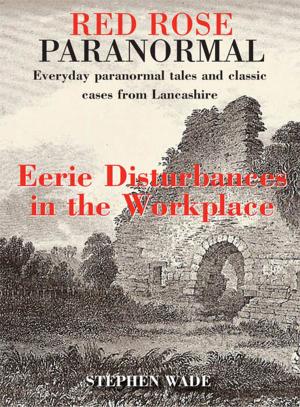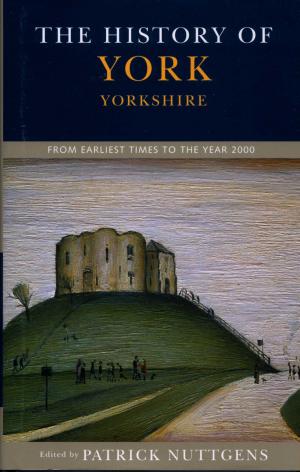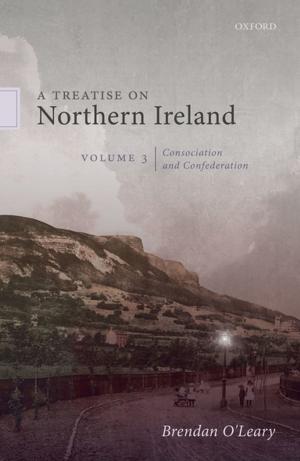What's in an English Place-name?
A History of England in its Place-Names
Nonfiction, Social & Cultural Studies, Social Science, Archaeology, Reference & Language, Reference, Research, History, British| Author: | William Lewis | ISBN: | 1230002980188 |
| Publisher: | Brazen Head | Publication: | December 6, 2018 |
| Imprint: | Language: | English |
| Author: | William Lewis |
| ISBN: | 1230002980188 |
| Publisher: | Brazen Head |
| Publication: | December 6, 2018 |
| Imprint: | |
| Language: | English |
Discover the secrets of England's place-names with this fascinating account of how English names for villages, towns and cities have changed over the centuries.
EVERYONE KNOWS OF THE ARTIFACTS of England's distant past from bones and fossils to jewellery and tools are buried beneath the soil of our country and regularly unearthed by archaeologists.
Less appreciated is a quite different historical trail leading us back through many centuries of our country's history. However, this trail is not buried within the ground, but within our place-names.
The earliest sounds of which were uttered by occupants of these islands over 2600 years ago and which have survived in many of the place-names we use today.
Place-names have a special significance for a great many people; their surnames are also names of English places: some will have local feature names such as Brook, Hill, Bridge,Wood and Field and some will have names recalling the village, town or district from which a mediæval ancestor originated.
What's in an English Place-Name? offers a fascinating chance to trace the names within our localities back to their roots and gives an absorbing and exciting insight into our district's histories.
Discussing the origins of hundreds of English place-names, this book offers a comprehensive understanding of how place-names arose in an exciting and intriguing read.
Discover the secrets of England's place-names with this fascinating account of how English names for villages, towns and cities have changed over the centuries.
EVERYONE KNOWS OF THE ARTIFACTS of England's distant past from bones and fossils to jewellery and tools are buried beneath the soil of our country and regularly unearthed by archaeologists.
Less appreciated is a quite different historical trail leading us back through many centuries of our country's history. However, this trail is not buried within the ground, but within our place-names.
The earliest sounds of which were uttered by occupants of these islands over 2600 years ago and which have survived in many of the place-names we use today.
Place-names have a special significance for a great many people; their surnames are also names of English places: some will have local feature names such as Brook, Hill, Bridge,Wood and Field and some will have names recalling the village, town or district from which a mediæval ancestor originated.
What's in an English Place-Name? offers a fascinating chance to trace the names within our localities back to their roots and gives an absorbing and exciting insight into our district's histories.
Discussing the origins of hundreds of English place-names, this book offers a comprehensive understanding of how place-names arose in an exciting and intriguing read.















